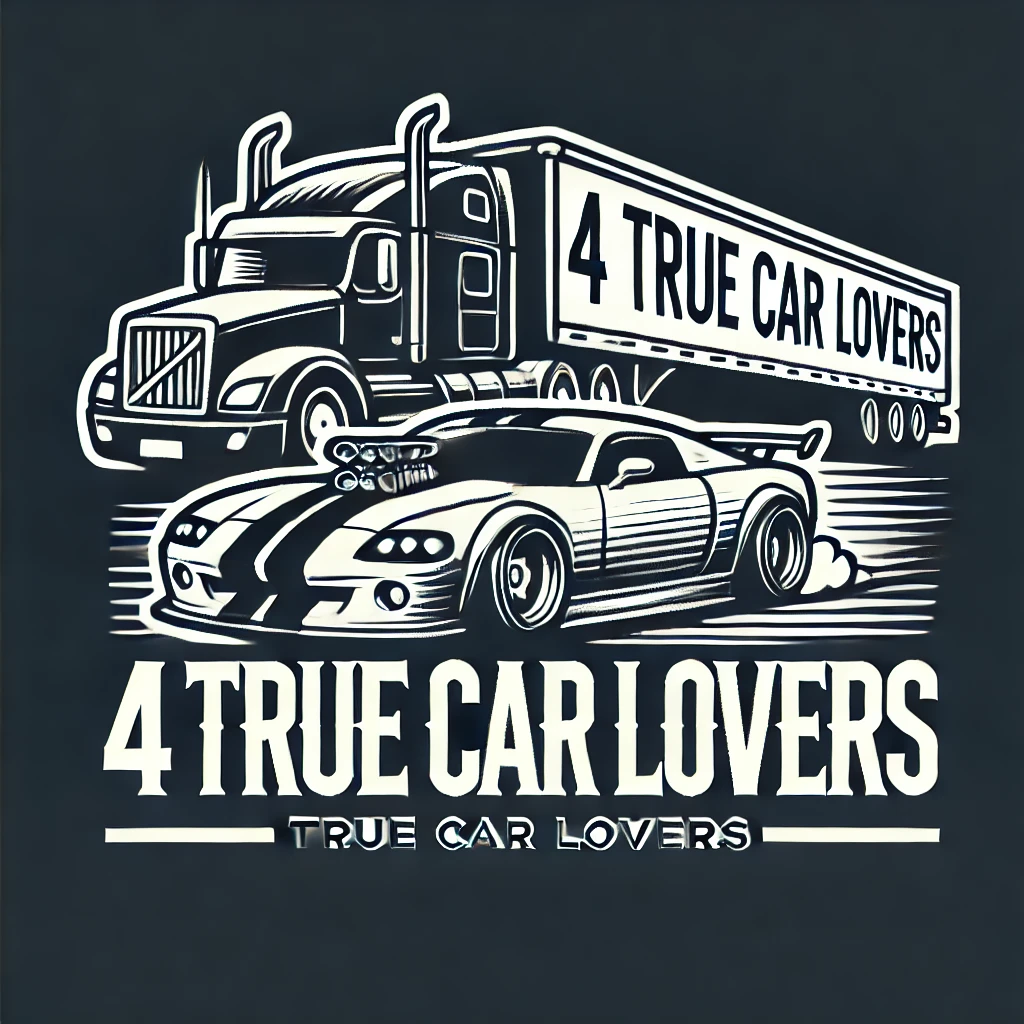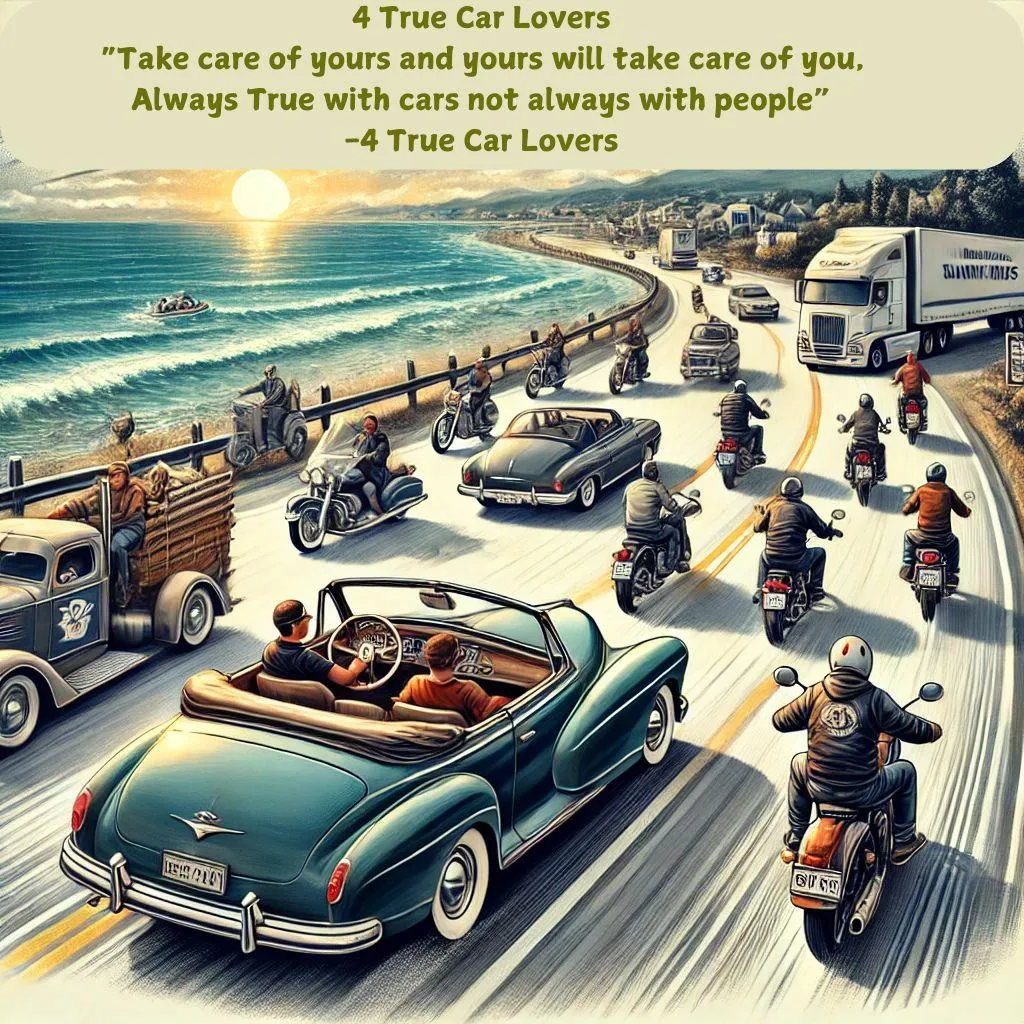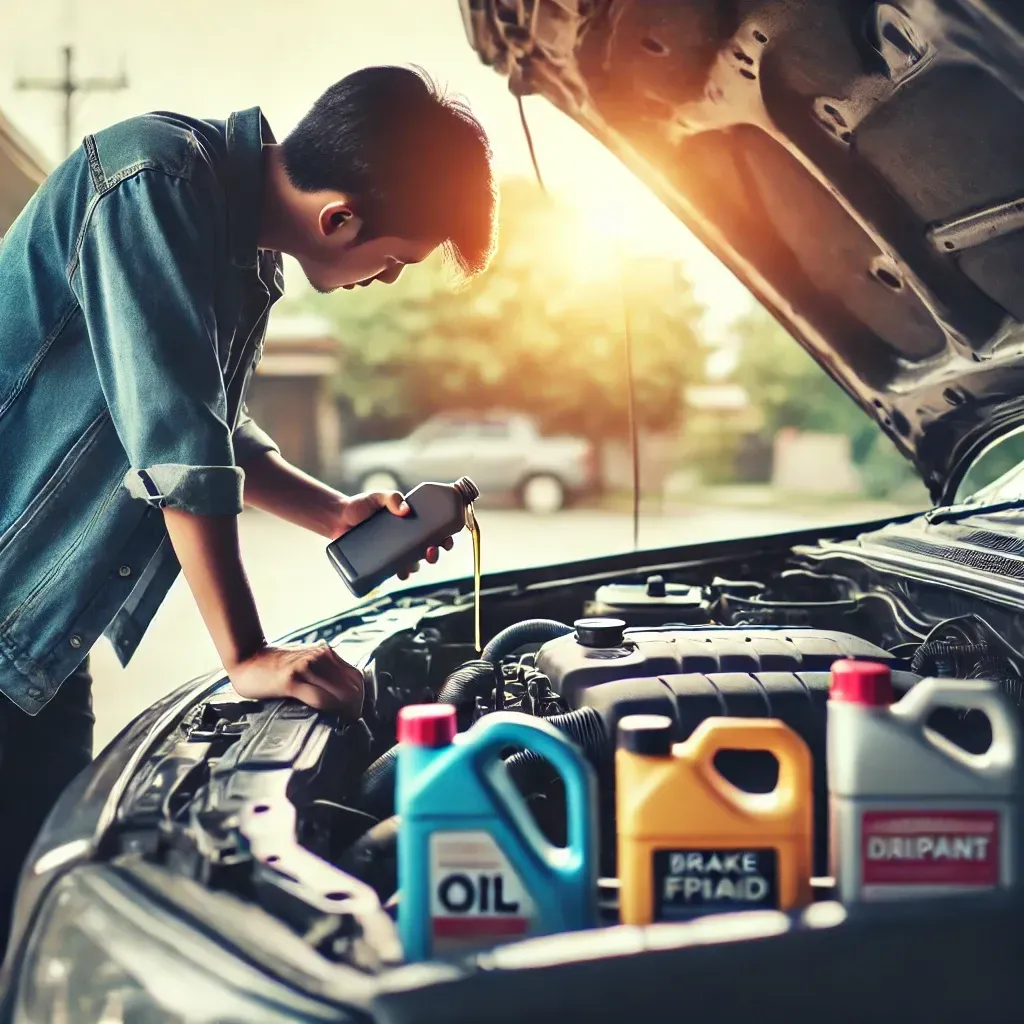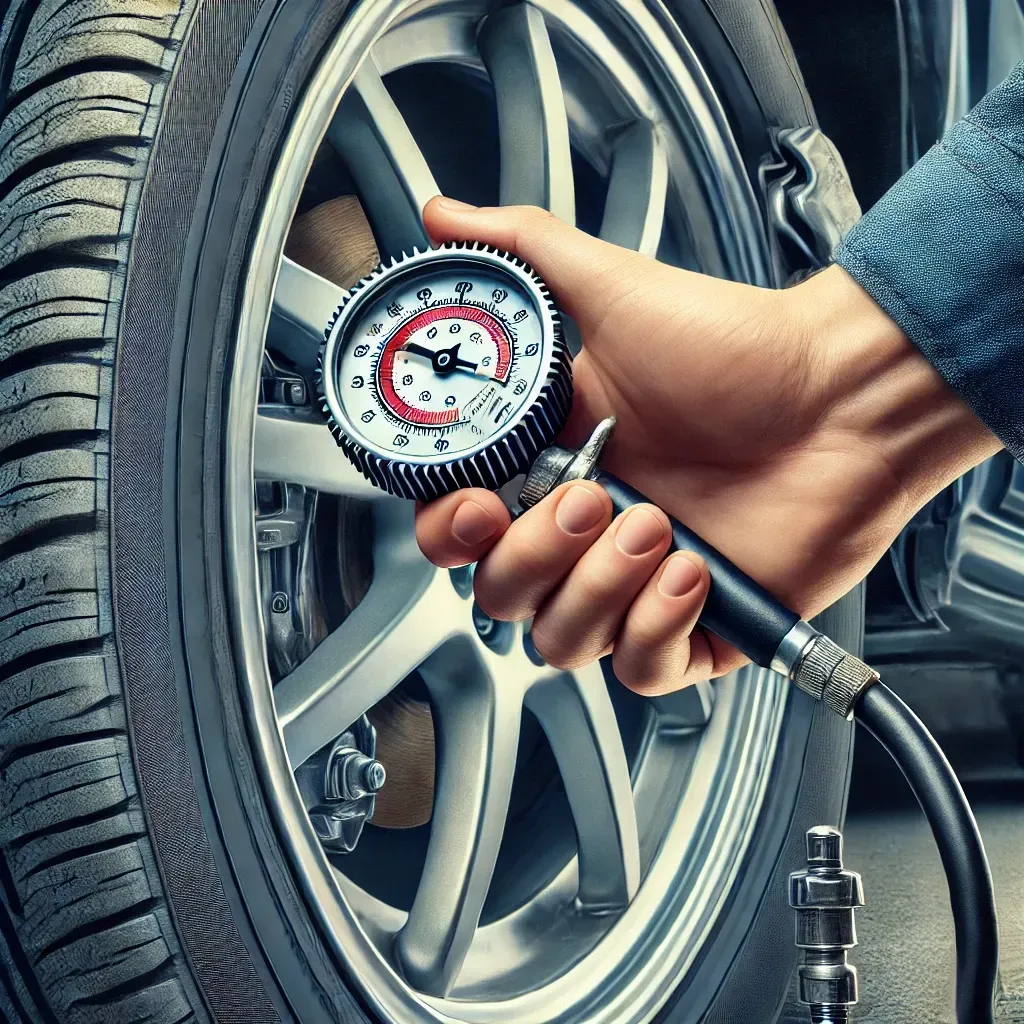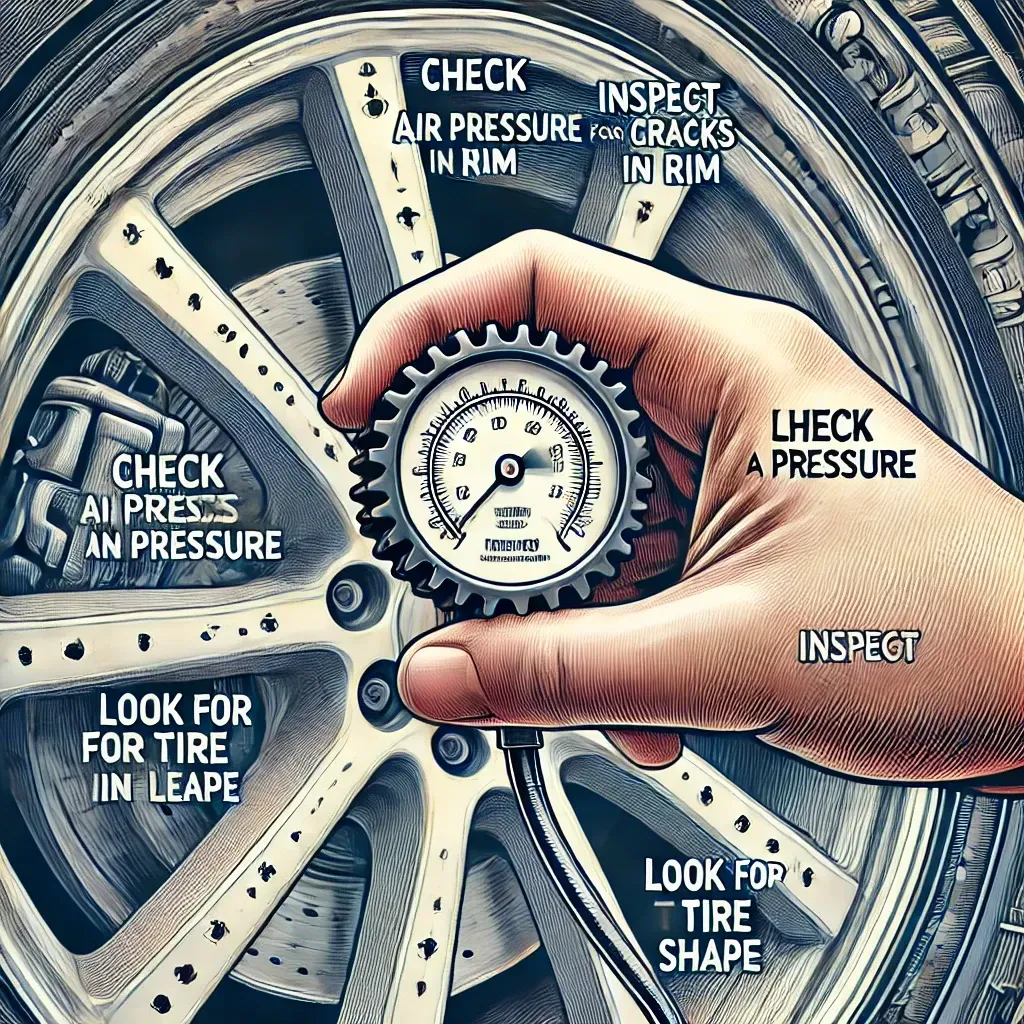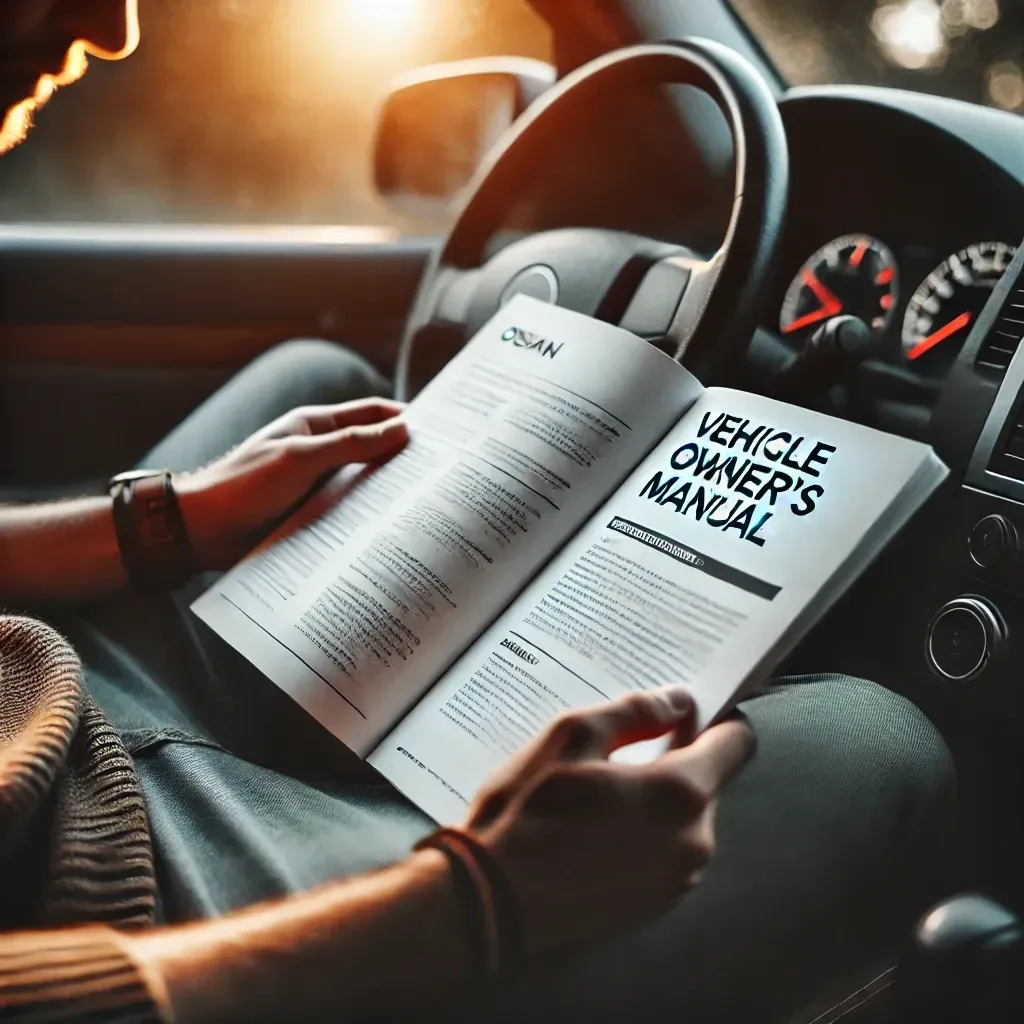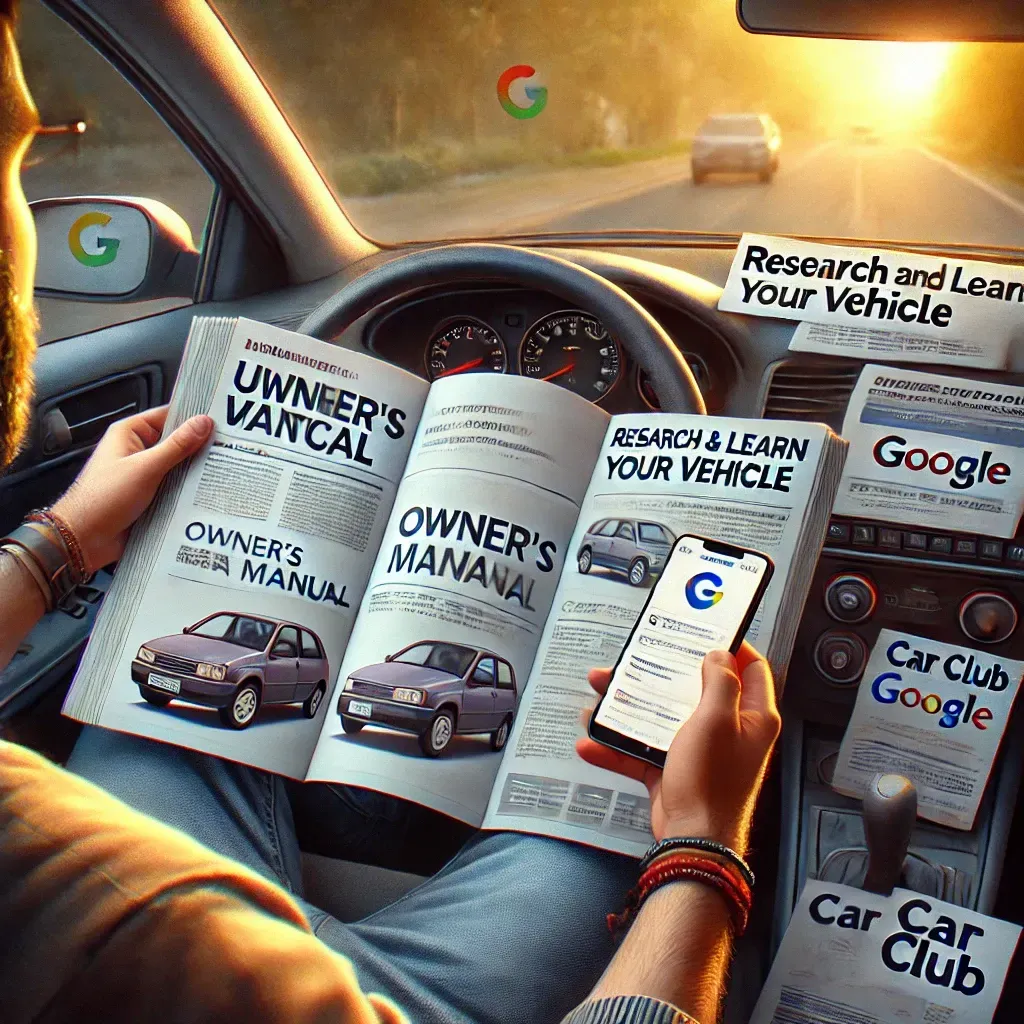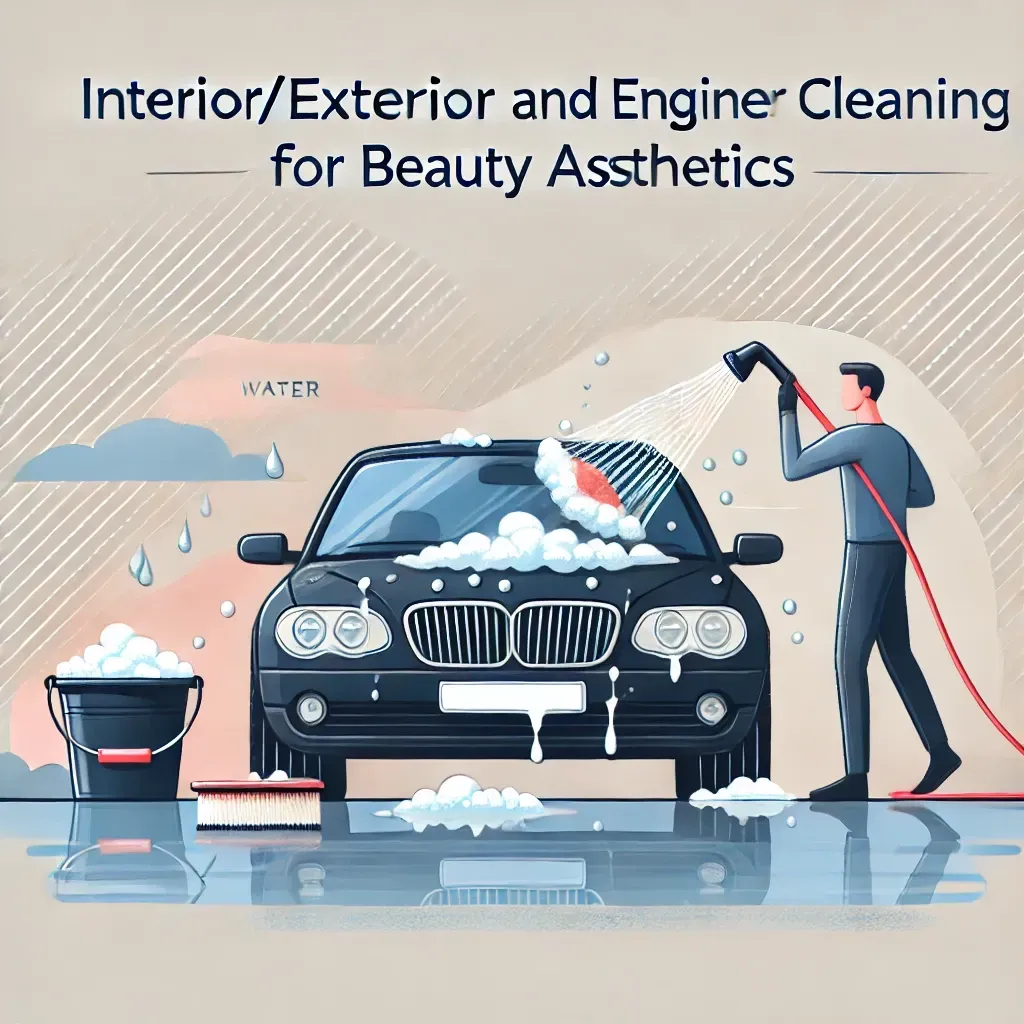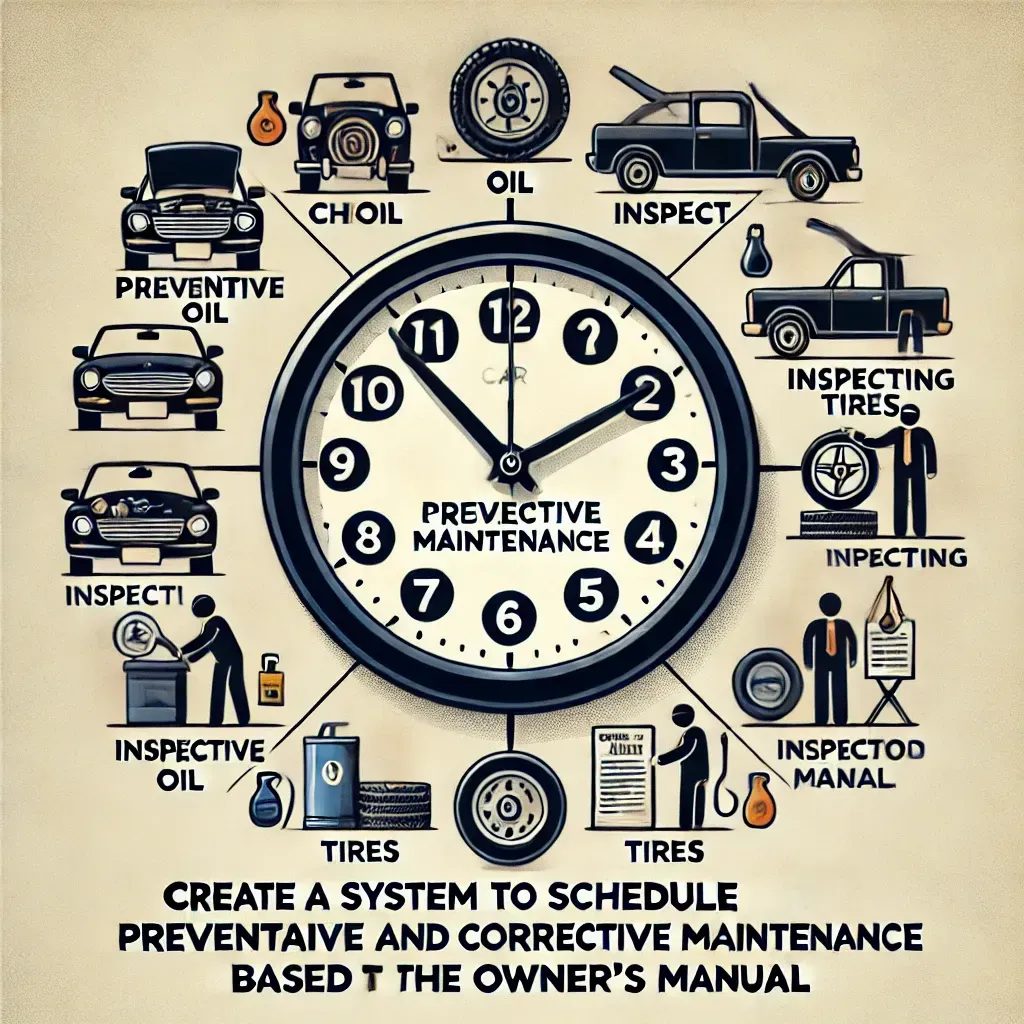Always in the mode for beauties you are in the right place
Enjoy watching car shows in the ATL and surrounding areas including Florida, Mississippi, Alabama and not just the state of Georgia...
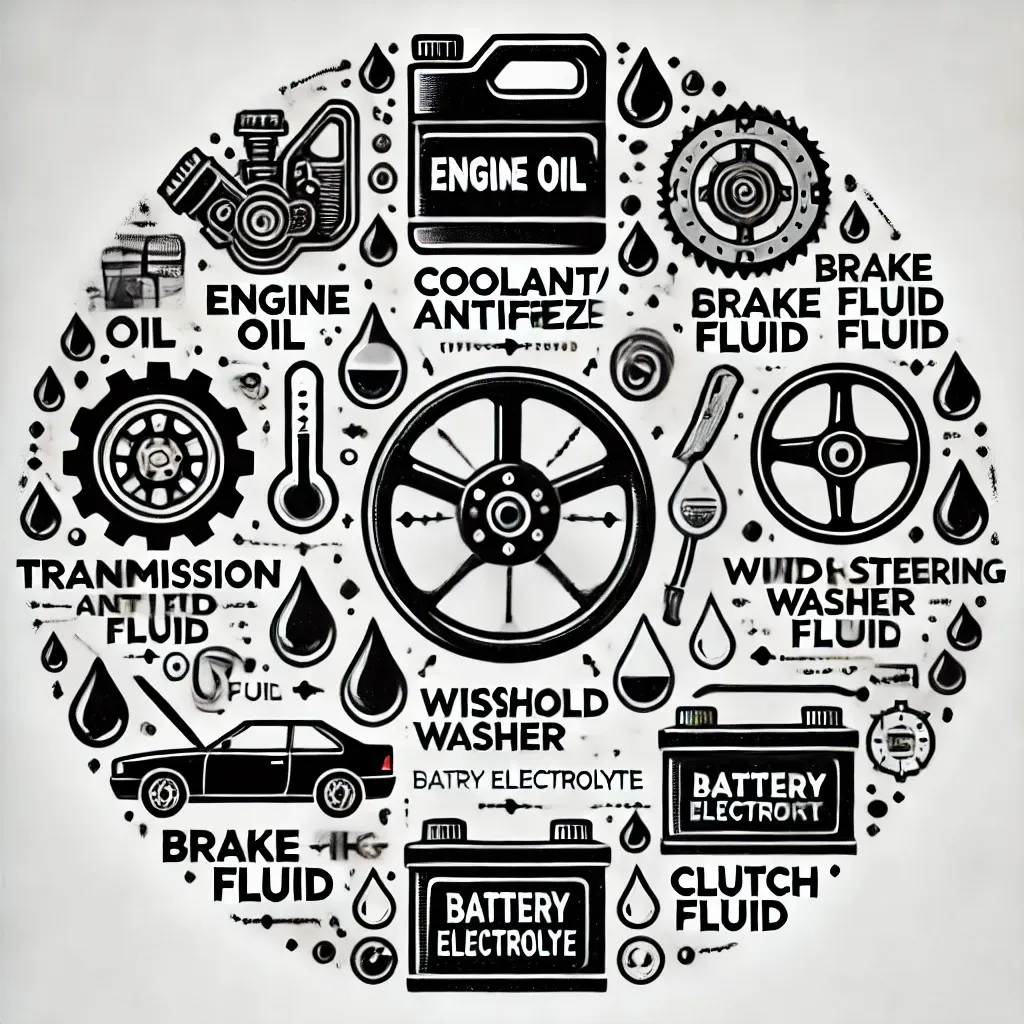
Videos to help understand your vehicle
Go to Repair playlist to learn how to maintain and repair personal/commercial vehicles
To maintain personal or commercial vehicles effectively, certain basic knowledge and skills are essential. Here's an overview:
1. Understanding Vehicle Systems
Engine Basics: Knowing how an internal combustion engine works and the importance of components like spark plugs, timing belts, and oil filters.Transmission Types: Understanding the difference between automatic, manual, and CVT transmissions and their maintenance needs.Brake System: Familiarity with disc and drum brakes, brake pads, and fluid to ensure braking performance.Suspension System: Knowledge of shocks, struts, and linkages to maintain handling and ride quality.
2. Routine Inspections
Fluid Levels: Ability to check and top up engine oil, transmission fluid, brake fluid, power steering fluid, and coolant.Tire Condition: Inspecting tire tread depth and pressure to maintain traction and fuel efficiency.Battery Health: Checking for corrosion and ensuring a good connection to maintain starting power.Lights and Signals: Verifying that headlights, brake lights, and turn signals are functioning properly.
3. Regular Maintenance Tasks
Oil Changes: Knowing how to change engine oil and replace oil filters at recommended intervals.Air Filter Replacement: Ensuring clean air intake for optimal engine performance.Brake Pad Replacement: Ability to recognize worn-out brake pads and replace them as needed.Tire Rotation and Balancing: Ensuring even wear and extended tire life through regular rotation and balancing.Battery Maintenance: Checking voltage, cleaning terminals, and replacing the battery when necessary.
4. Basic Diagnostic Skills
Reading Dashboard Alerts: Familiarity with warning lights on the dashboard (e.g., check engine, ABS, oil pressure) and understanding what they mean.Using an OBD-II Scanner: Basic skill in using an OBD-II scanner to check diagnostic codes for troubleshooting.Listening for Unusual Noises: Recognizing abnormal engine sounds, squeaky brakes, or rattling to diagnose potential issues.
5. Knowledge of Vehicle Documentation
Owner’s Manual: Ability to read and interpret the vehicle's owner’s manual for specific maintenance schedules and recommendations.Maintenance Records: Keeping accurate maintenance logs to track service intervals and repairs.
6. Safety Precautions
Work Environment: Understanding how to maintain a safe workspace when working on a vehicle (e.g., jack safety, ventilation when working with exhaust).Proper Tool Usage: Knowledge of essential tools like wrenches, tire irons, jacks, and torque wrenches, and how to use them correctly.
7. Tire and Wheel Maintenance
Tire Changes: Ability to change a tire in case of a flat.Wheel Alignment: Recognizing signs that alignment is needed (e.g., uneven tire wear or vehicle pulling to one side).
8. Cooling and Heating Systems
Coolant Check and Replacement: Ensuring the cooling system is functioning properly to prevent engine overheating.Heater and AC Maintenance: Keeping the cabin comfortable by maintaining HVAC systems.
9. Fuel System Awareness
Fuel Filter Replacement: Ensuring clean fuel delivery to the engine.Fuel Quality: Understanding the importance of using the recommended fuel grade.
10. Commercial Vehicle Specifics
Regulatory Knowledge: Familiarity with regulations specific to commercial vehicles (e.g., DOT compliance, weight limits).Load Management: Ensuring that cargo is properly secured and distributed to prevent overloading and maintain balance.Fleet Maintenance Software: Using software to schedule and track maintenance for multiple vehicles.
Having these foundational skills and knowledge allows individuals to maintain both personal and commercial vehicles efficiently, ensuring safety, reliability, and cost-effectiveness over the vehicle's lifespan.
More to come about how to maintain, repair and upgrade your vehicle
Frequently Asked Questions
Got questions about our detailing services? Find quick answers to common queries in our FAQ section below!
How often should you change your motor oil and why?
Changing the oil in an average vehicle is essential for maintaining proper lubrication, reducing engine wear, and preventing buildup of contaminants that can cause damage. Regular oil changes help ensure the engine runs efficiently and extends its lifespan. It's important for vehicle owners to read the operator manual to know the exact manufacturer’s recommendation for oil change intervals. Most engine oil should be changed every 3,000 miles or every 3 months which everyone comes first.
What are some of the most common causes for no starts?
A vehicle typically has a no-start issue due to a dead or weak battery, which fails to supply enough power to start the engine. Another common reason is a faulty starter motor or ignition system that prevents the engine from cranking. Additionally, fuel delivery problems, such as an empty tank or a malfunctioning fuel pump, can also lead to a no-start condition.
What are the most common reason for breakdowns to occur?
The most common reasons for vehicle breakdowns include battery issues, such as a dead or failing battery, which prevent the car from starting or running properly. Tire problems, like blowouts or flats, often occur due to punctures or underinflated tires. Engine overheating, caused by coolant leaks or failed components in the cooling system, is another frequent culprit for breakdowns.
Whats the pro/cons of buying from dealership vs individuals?
Buying a car from a dealership typically offers more consumer protection, warranty options, and financing services, but may come with higher prices and fees. Purchasing from an individual seller can often be cheaper and more negotiable, but it carries more risk as it usually lacks warranties and requires thorough personal inspection. Both options have trade-offs in terms of reliability, cost, and buyer protection.
What happens to your vehicle if you ignore the signs to repair or maintain your vehicle?
Ignoring vital systems in your vehicle can lead to significant consequences. Neglecting regular maintenance can result in engine damage due to old or insufficient oil, which may cause overheating or complete engine failure. Failing to maintain the braking system can lead to brake failure, increasing the risk of accidents, while ignoring the cooling system can result in overheating, leading to costly repairs or total engine breakdown. Additionally, disregarding the transmission, suspension, or electrical systems can cause poor vehicle performance, decreased safety, and expensive repair bills over time.
What occurs when you use the wrong motor oil for your engine?
Using the wrong engine oil in a car can lead to several issues. If the oil is too thick (higher viscosity), it may not flow properly, especially in colder temperatures, leading to poor lubrication and increased engine wear. Conversely, if the oil is too thin (lower viscosity), it may not provide sufficient protection, causing faster wear on engine parts and potential overheating. Over time, using the incorrect oil can reduce engine performance, lead to increased friction, and potentially cause serious engine damage or failure.
